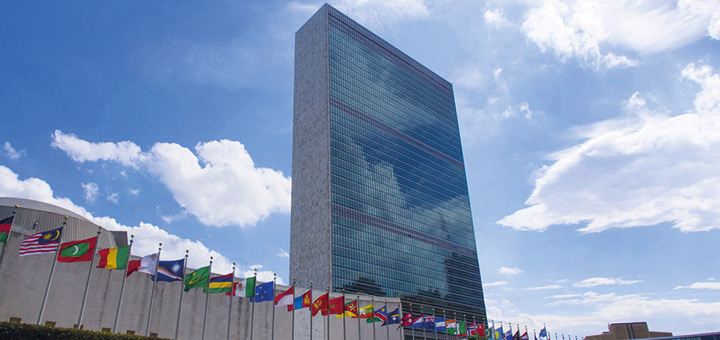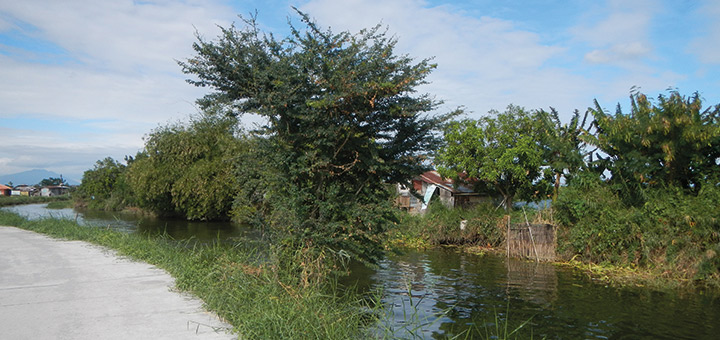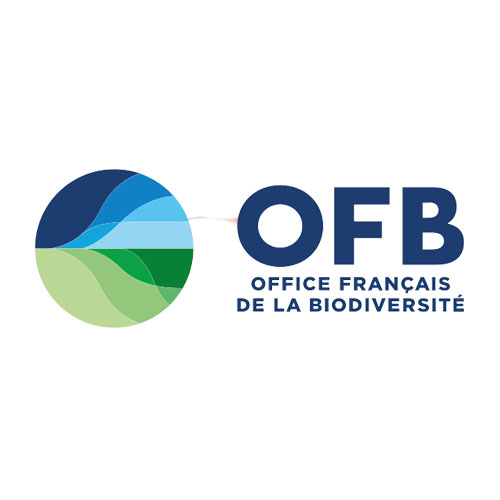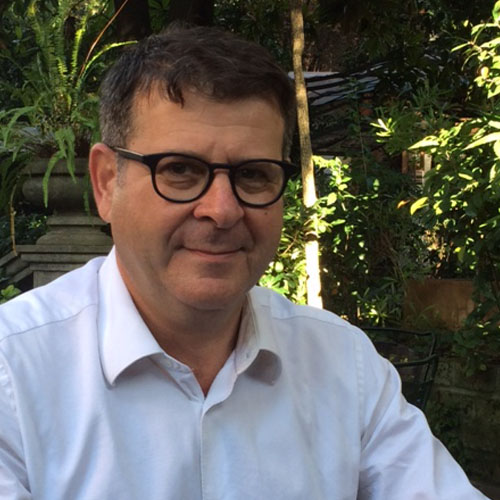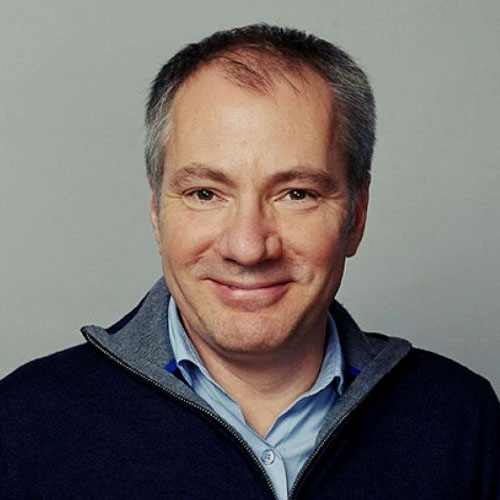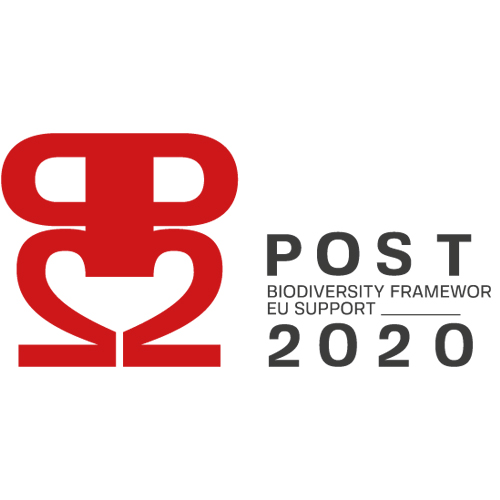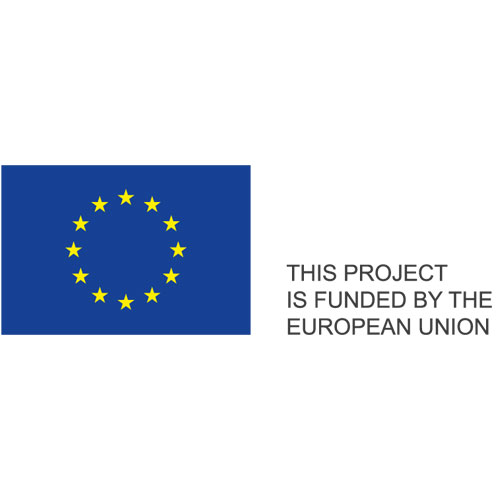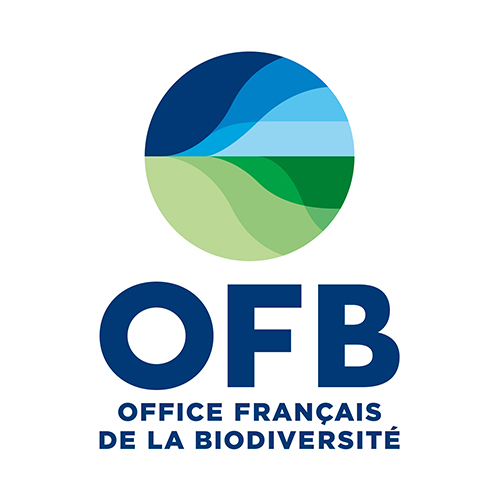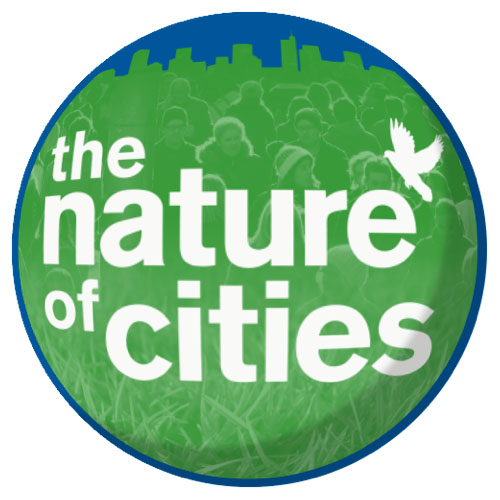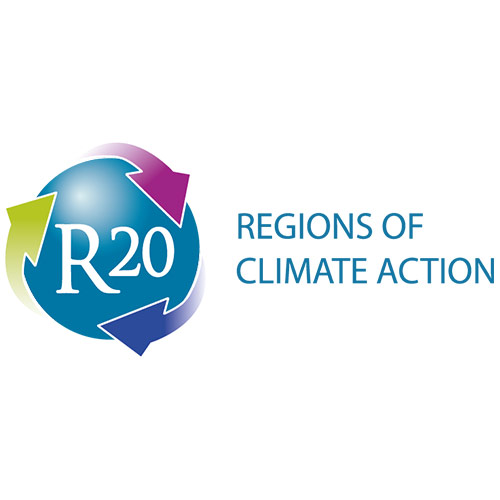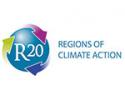Protecting "ordinary" nature is an absolute emergency that invites us to revisit Patrick Geddes' formula “We must think and act locally AND globally”.
Co-hosted by Oliver Hillel, Programme Officer at the Secretariat of the Convention on Biological Diversity, and Stéphanie Lux, Director of the consultancy Chances Conseil, this webinar brought together an approximate fifty participants around 5 personalities:
- A scientist, Patrick Caron, President of Agropolis,
- Three local public representatives, initiators of innovative projects: Jin Xiaoting, Project Officer at the AFD Beijing Office; David Vasquez, Director of Environmental Management of the City of Cuenca, and Terry Tamminem (video), former advisor to California Governor Arnold Schwarzenegger, who initiated some of the most ambitious climate change legislation ever implemented by a sub-national government;
- Two business representatives: Quentin Sannié, founder of Greenback, a brand-new soil rating agency, and Valentine Lassalas, Head of European Affairs
- An NGO at Compagnie Nationale du Rhône (CNR).
“Ordinary nature” has been translated by “Productive landscape” but it’s not exactly that. Ordinary nature is a term used in France to refer to 'common' nature - in the sense that it is not 'rare' or "exceptional". This term refers to cultivated fields as well as the ocean, forests or deserts. These ecosystems cover most of our planet. They are what we and all other species depend on. They are the very foundations of our economies, livelihoods, food security, health and quality of life around the world. All the speakers agreed on the urgency of protecting these spaces that are now put at great risk by our unsustainable practices, particularly agricultural. The challenge faced to appropriately designate them just illustrates how difficult implementing effective protection in those territories might prove. The concept of "ordinary" nature is hardly translated into English by the term "productive landscape”, which indeed only covers part of it.
In response to this observation, the speakers insisted on three key ideas:
- The need to completely rethink our agriculture can only be achieved by linking local and global action. This means, for example, changing not only agricultural practices but also the very organisation of markets and our consumption patterns in order to reduce our consumption of animal products and the waste of foodstuffs. For this purpose, we need to get away from the logic of "silo" policies: link agricultural production and nature protection. More generally, we need to rethink all our systems for exploiting natural resources to ensure their sustainable use, not only so that they do not irreparably destroy or harm our ecosystems but also become nature positive, in line with the sustainable development goals (SDGs).
- Local governments are often the driving force behind the restoration of "ordinary" ecosystems for the benefit of the people who live in and live from them.
- Even more than for protected areas, the mobilisation of all stakeholders is essential for the effective protection of this ordinary nature, which also contributes to the preservation of extraordinary nature. Everyone must do its bit according to its skills and resources. And no company can consider this as secondary.
Webinar program
Webinar with interpretation



GMT+2
GMT+2
GMT+2
How subnational governments, local authorities and cities could contribute to ensure sustainable use of biodiversity?
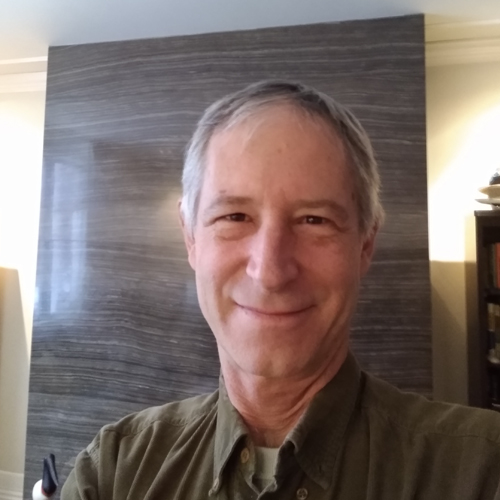
|
Oliver Hillel - Programme Officer - Secretariat of the Convention on Biodiversity in Montreal, Canada |
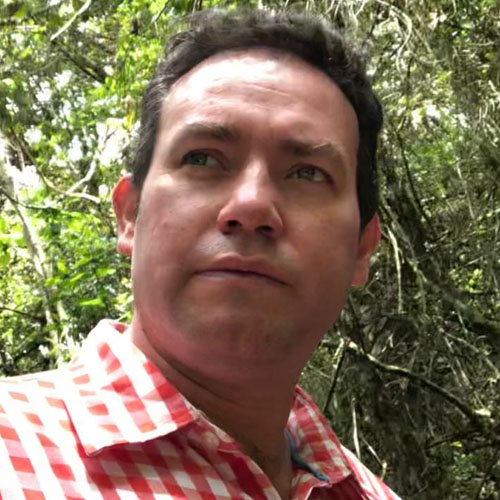
|
David Vázquez - Director of environmental management - Cuenca Municipality |
GMT+2
When public and private sector cooperate to protect biodiversity
How has the State been able to encourage the development of renewable energies, the deployment of less polluting cars and other virtuous policies? How can we also deal with the difficulties generated by this paradigm shift?
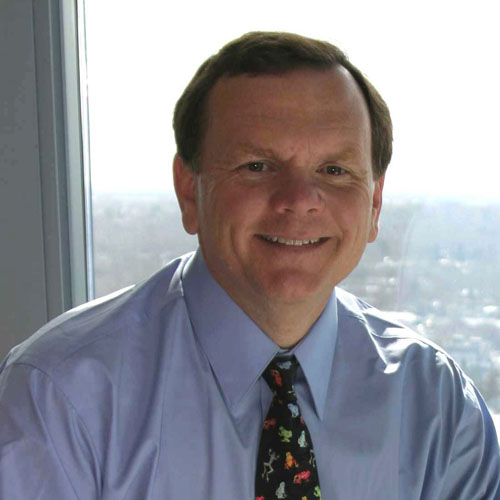
|
Terry Tamminen - President - 7th Generation Advisors [pre-recorded video] |
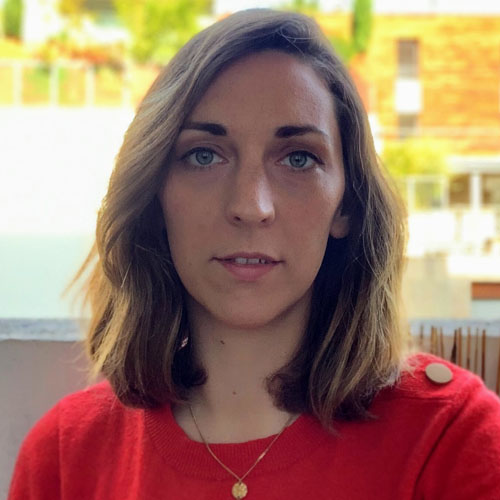
|
Valentine Lassalas - European Affairs and NGO Officer - CNR |
GMT+2
Conclusions
DON’T MISS A MOMENT
Speakers slideshows
Resources
Webinar partners
Other webinars
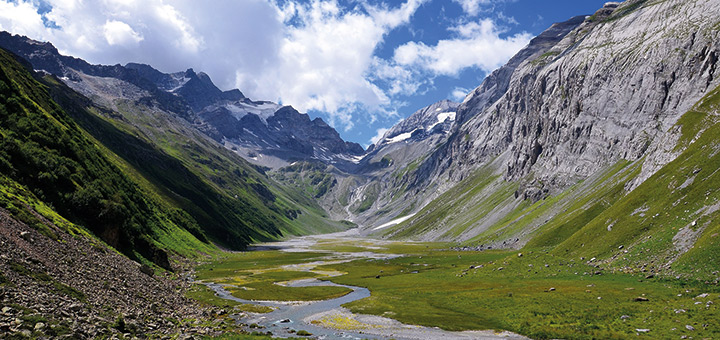
LOCAL ACTION FOR OUTSTANDING NATURE: How to conserve biodiversity hotspots
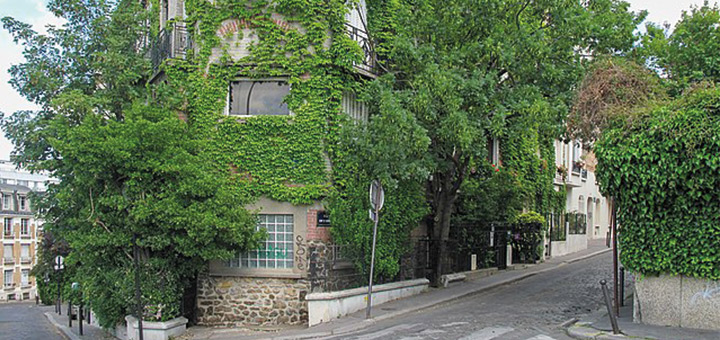
LOCAL ACTION FOR URBAN NATURE: Creating resilient and resource-efficient communities
